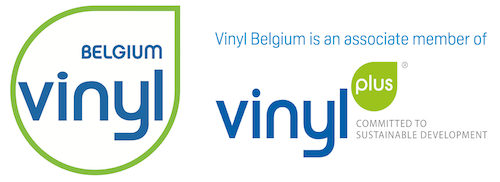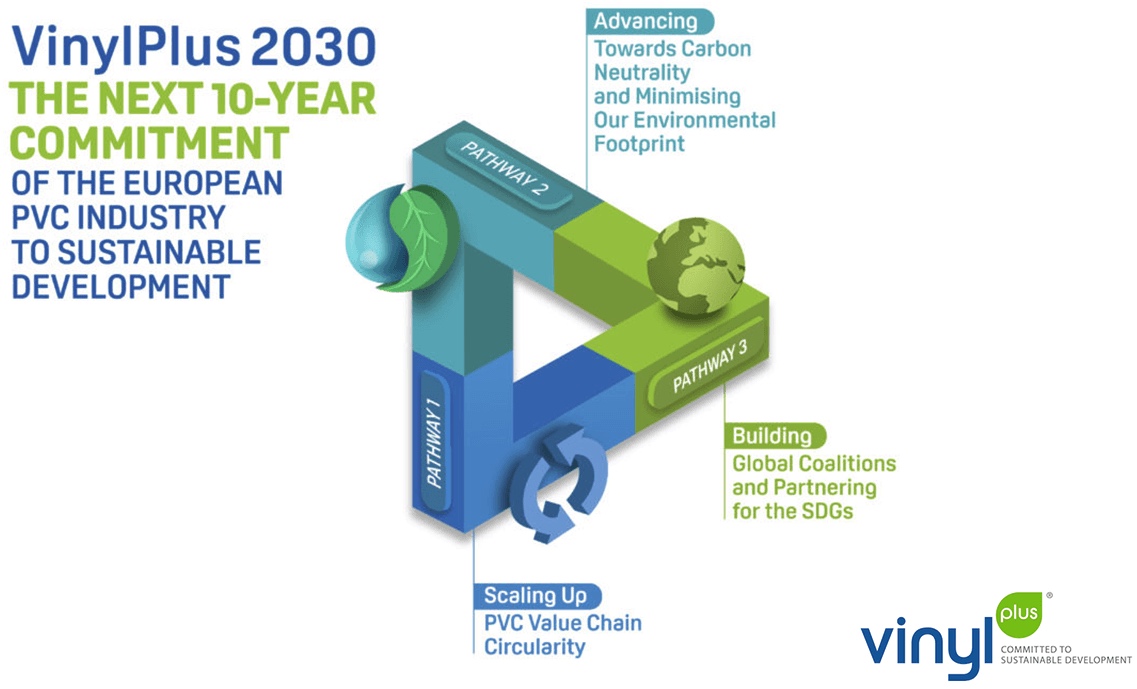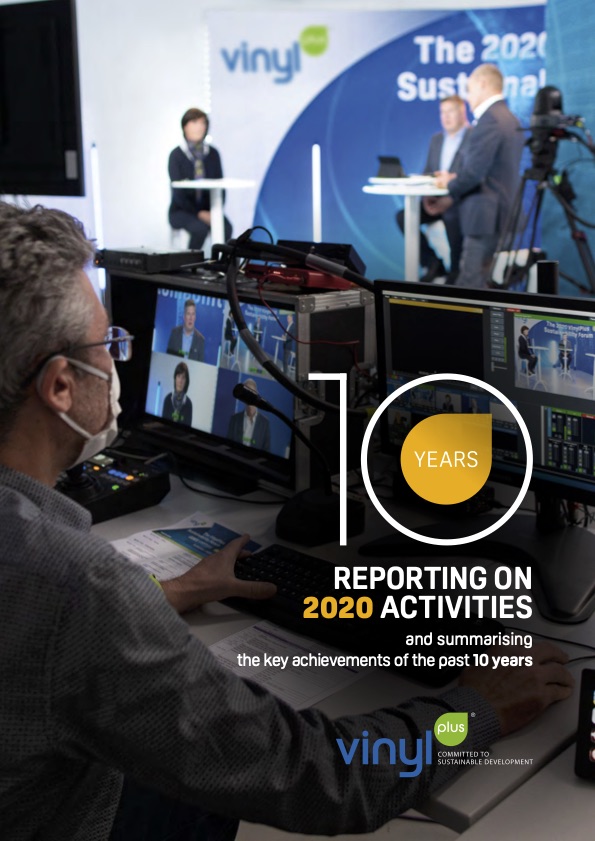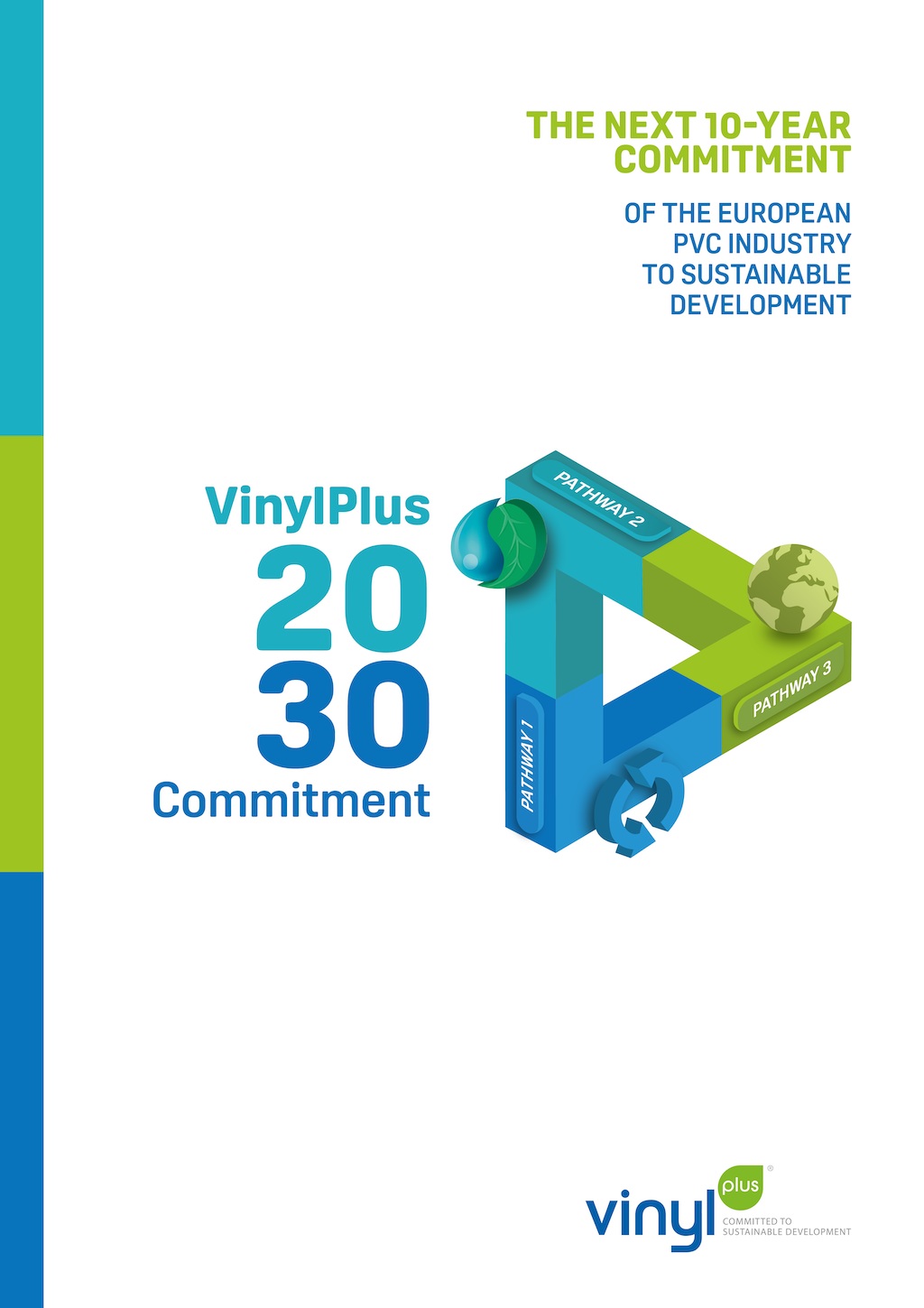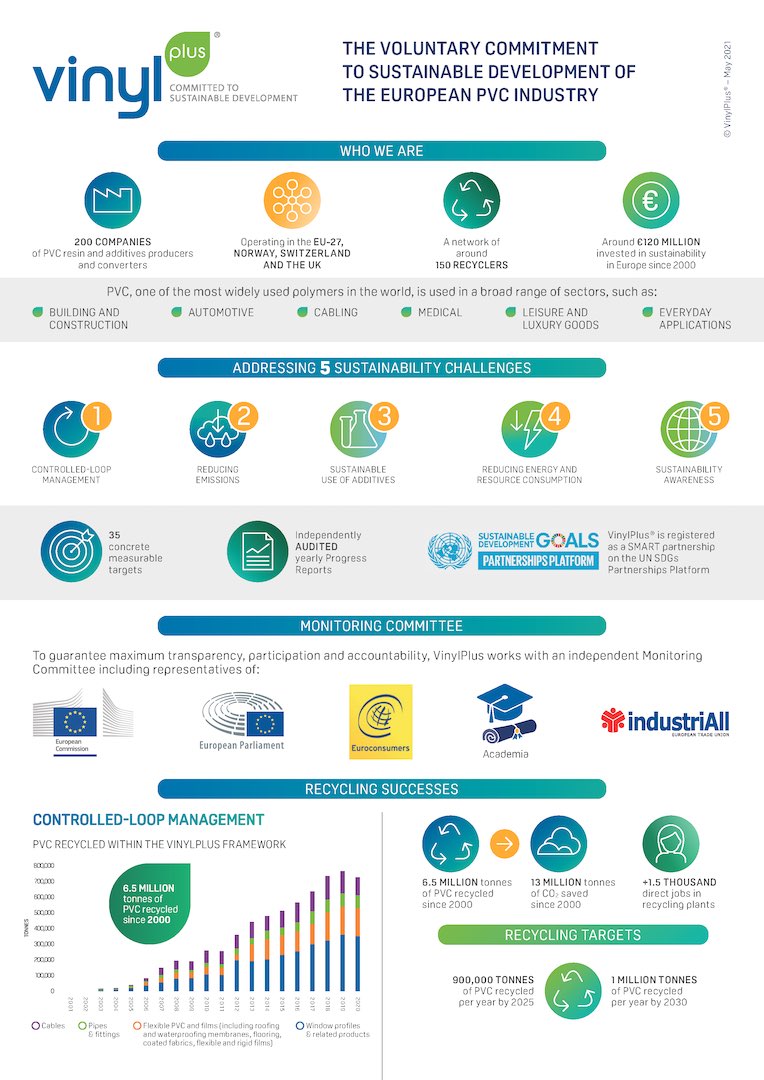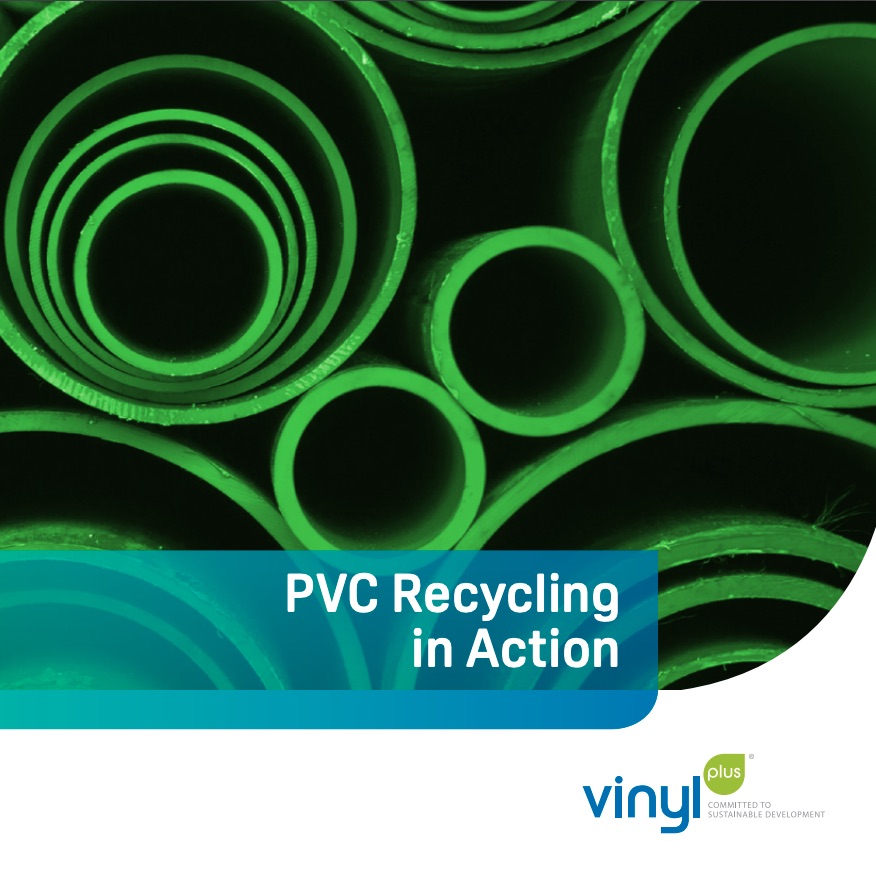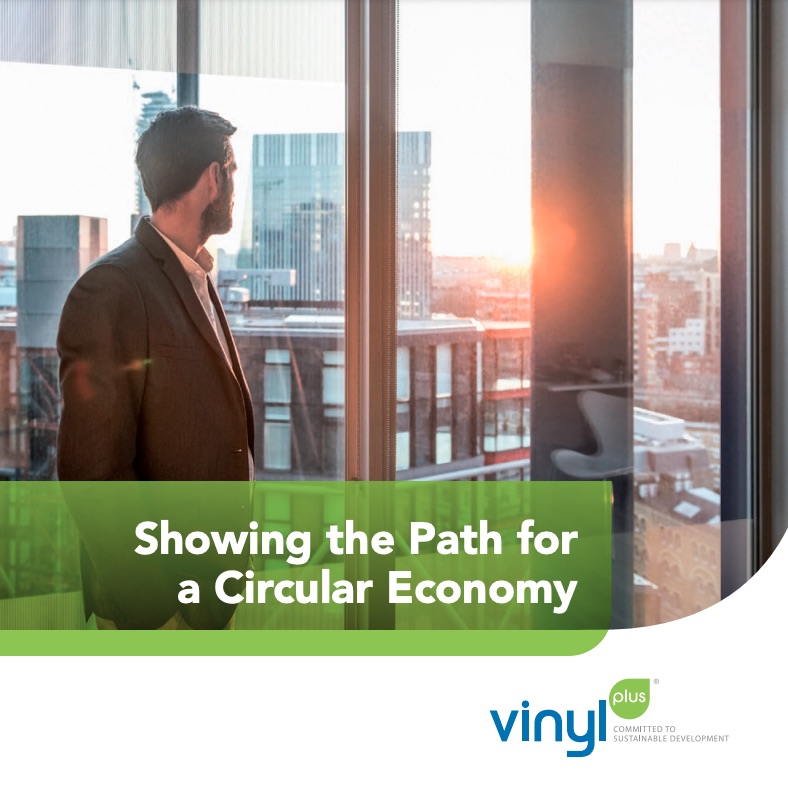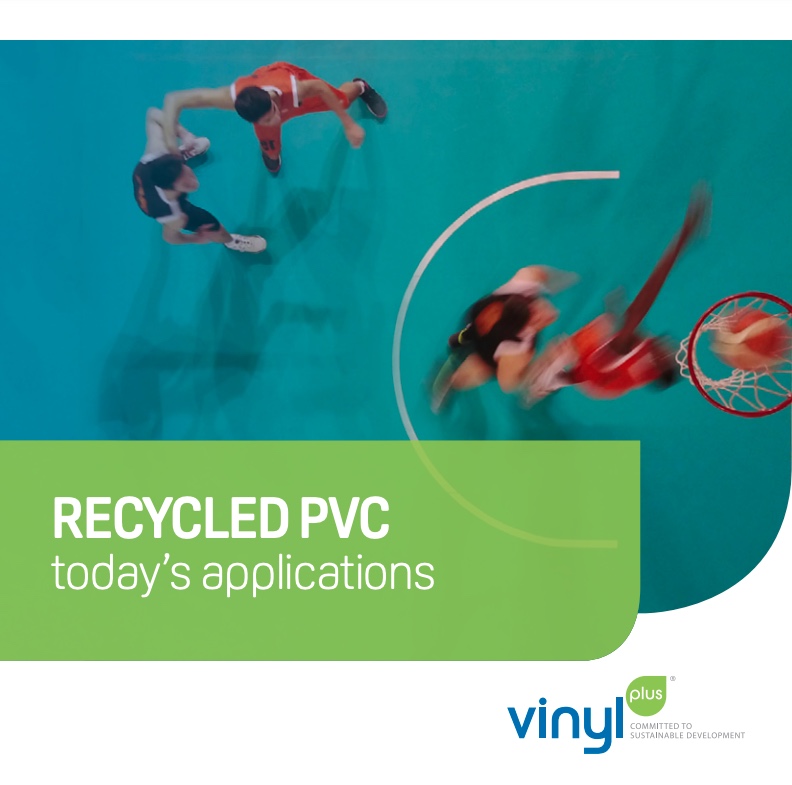
VinylPlus®
VinylPlus® is the European PVC industry's commitment to sustainable development, working to improve the sustainability performance of PVC. PVC is one of the most widely used plastics in the world with a wide range of long-life applications such as window frames, pipes, flooring, cables, sport equipment, furniture and a range of lifesaving medical devices. PVC can be recycled multiple times, and VinylPlus works to do just this!
Through the VinylPlus initiative, the European PVC industry is creating a long-term sustainability framework for the entire PVC value chain. The regional scope of the programme is the EU-27 plus UK, Norway and Switzerland.
VinylPlus’ three Pathways towards 2030
The European PVC industry has embraced its social responsibility and has been working hard since the late 90s to ensure that the challenge of sustainable development is taken seriously. In the past decades, the industry has made great progress in waste management, innovative recycling technologies, stakeholder engagement and responsible use of additives.
The VinylPlus programme to 2020 was developed through open dialogue with stakeholders, identifying key challenges for PVC on the basis of The Natural Step System Conditions for a Sustainable Society.
For its next sustainability programme to 2030, in order to contribute proactively to addressing the global challenges and priorities, VinylPlus adopted an outside-in approach to goal setting. The next VinylPlus Commitment aims to contribute to the United Nations 2030 Agenda for Sustainable Development, with a particular focus on sustainable consumption and production, climate change and partnerships. It also seeks to align with the most relevant EU policies, such as the Circular Economy Action Plan and the EU Chemicals Strategy for Sustainability under the European Green Deal. In line with VinylPlus’ active participation in the European Commission’s Circular Plastics Alliance (CPA), the new commitment also embraces the CPA’s targets on the use of recycled plastics in new products.
VinylPlus works towards the sustainable use of PVC through three Pathways:
Pathway 1: Scaling Up PVC Value Chain Circularity
Pathway 2: Advancing Towards Carbon Neutrality and Minimising Our Environmental Footprint
Pathway 3: Building Global Coalitions and Partnering for the SDGs
VinylPlus founding members are:
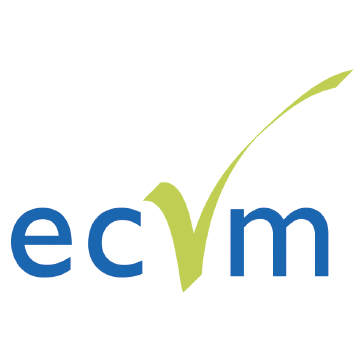
European Council of Vinyl Manufacturers (ECVM)
representing six leading European producers of PVC resin, which account for around 75% of EU-28 PVC resin production. These businesses operate around 40 different plants spread over 23 sites and employ approximately 7,000 people.
pvc.org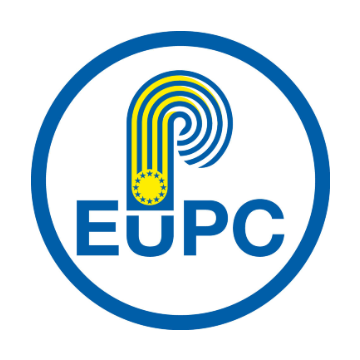
European Plastics Converters (EuPC)
an association representing more than 50,000 companies in Europe, which produce over 50 million tonnes of plastic products every year both from virgin and recycled polymers. They employ more than 1.6 million people, generating turnover in excess of €260 billion per year.
plasticsconverters.eu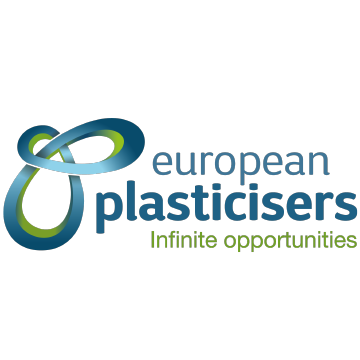
European Plasticisers
formerly ECPI, representing the eight major European producers of plasticisers, which produce around 90% of the plasticisers manufactured in Europe. They employ approximately 1,200 people in plasticiser production.
europeanplasticisers.eu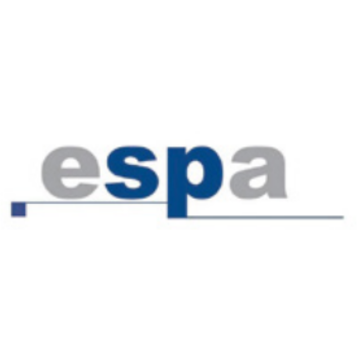
The European Stabiliser Producers Association (ESPA)
representing 10 companies that produce more than 95% of the stabilisers sold in Europe. They provide direct employment to more than 2,000 people in the EU.
stabilisers.org